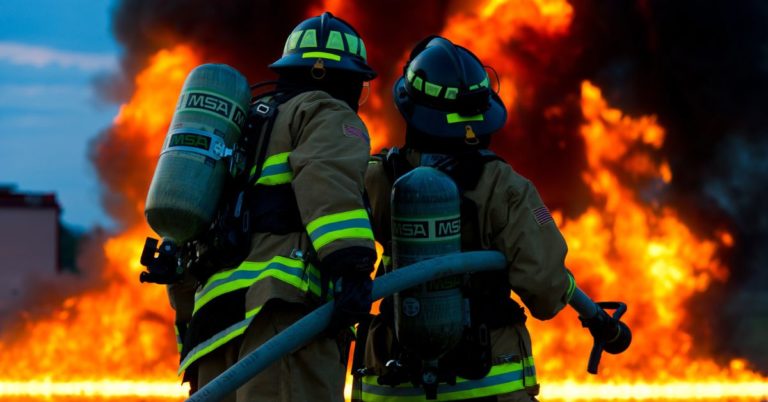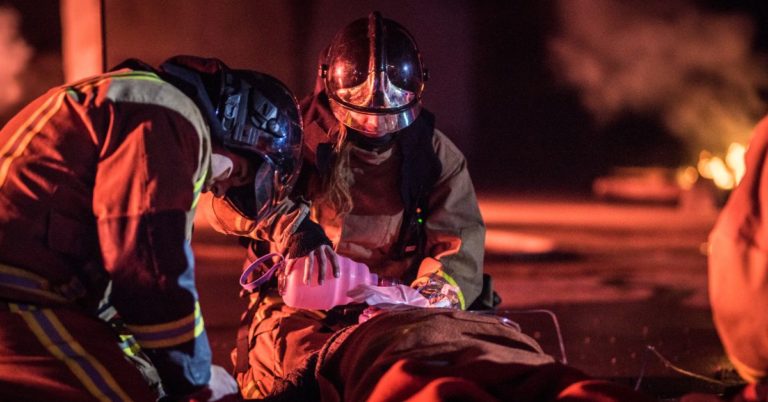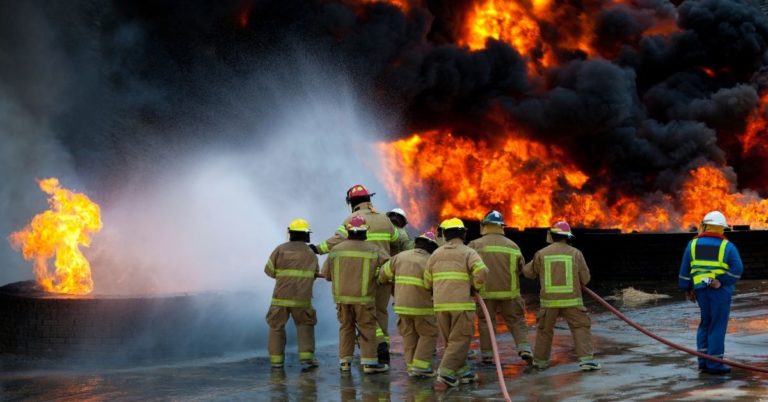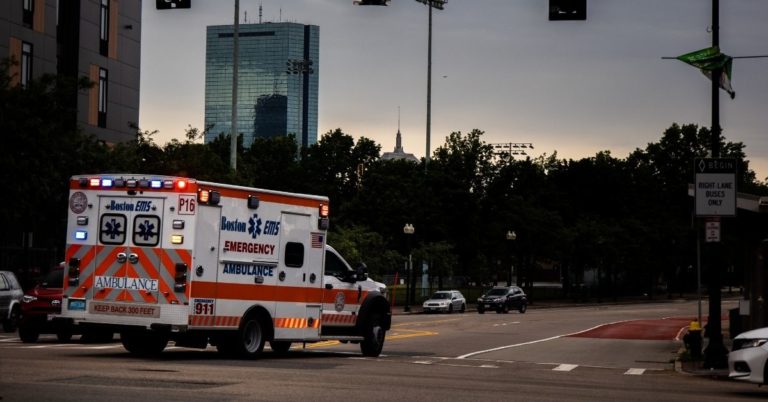Nobody likes medical bills, especially surprise medical bills. And nobody likes paying surprise medical bills.
But for many EMS services, the question of who will pay these medical bills has turned into an existential threat to their services.
And last year, legislation considered in Pennsylvania under House Bill 1862, would have likely made matters worse for many ambulance providers.
In the current framework of our healthcare system, patients are able to receive covered services from approved “in-network” providers. However, the issue of emergency ambulance services complicates the issue. 9-1-1 emergency ambulance services require mandatory service, whether the ambulance provider is in the patient’s approved insurance network or not.
The legislation previously proposed in Pennsylvania to pay these ambulance providers, while not holding the patient on the hook for payment, meant instead that ambulance providers would have had to negotiate directly with insurance companies to get paid.
Representatives of ambulance companies in Pennsylvania, like Larry Wiersch, insisted that this arrangement would have buried many companies already scraping to get by.
“Many ambulance services are living on a shoestring,” he told The Morning Call.
The news outlet notes that in his opinion, small companies like the one he represents with 19 ambulances and a staff of 135 employees, would likely be closed down.
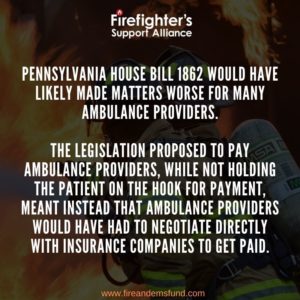
The primary issue is that insurance companies often pay the median cost in the area a patient is serviced, not the total cost borne by the ambulance company on a given call.
The Morning Call noted:
“A typical Advanced Life Support call might cost the agency more than $1,200, according to Wiersch. But a typical reimbursement through an “in network” provider for the same call, Wiersch said, is about $500.”
This issue of underpayment leaves some companies, like Topton EMS, to remain out of network to insurance providers because it simply isn’t worth the loss to be paid half of cost or less.
Unfortunately, Chief Mike Richards of Topton EMS pointed out to The Morning Call what this translates to for the ambulance company:
“We are in crisis.“
The company, Richards says, is struggling to pay its mortgage.
The crisis of which Richards refers to is complex because it is a zero-sum game between protecting patients from potentially burdensome medical bills that they can’t afford to pay and paying the ambulance providers enough to stay in business in the first place.
Insurance companies and politicians become the arbiters of this struggle, and to some degree, both parties may lose something.
While the financial losses and subsequent fallout of lost employment should a company fold are obvious pressures on the ambulance companies, local residents in these areas may ultimately lose quality, and perhaps more importantly, timely service when these companies can no longer operate.
In Pennsylvania, HB 1862 was tabled and never brought for a vote.
But in several states around the country-Ohio, Maryland, and Colorado-state legislatures have passed similar legislation which prevent ground ambulance companies from balance-billing patients if insurance does not pay out the full balance of the ambulance service.
In December 2020, part of the additional stimulus passed by Congress under Covid-19 relief, included the No Surprises Act. This outlawed the practice of balance billing for patients suspected to have contracted Covid-19 who required air ambulance service, but did not touch on ground services, according to Yahoo News.
For now, the struggle between surprise medical bills and ambulance services receiving full payment will remain a state-by-state issue, giving the EMS community the opportunity to advocate on their own behalf, and hopefully strike a balance between patients’ needs and their own interests.
Image Credit: Photo by Erik Mclean on Unsplash
In the new world of Covid-19, the already perilous state of Fire & EMS funding is facing a catastrophe. The International Association of Fire Chiefs estimates that up to three billion dollars in potential funding for fire departments has been lost during the pandemic due to anemic tax revenues.


